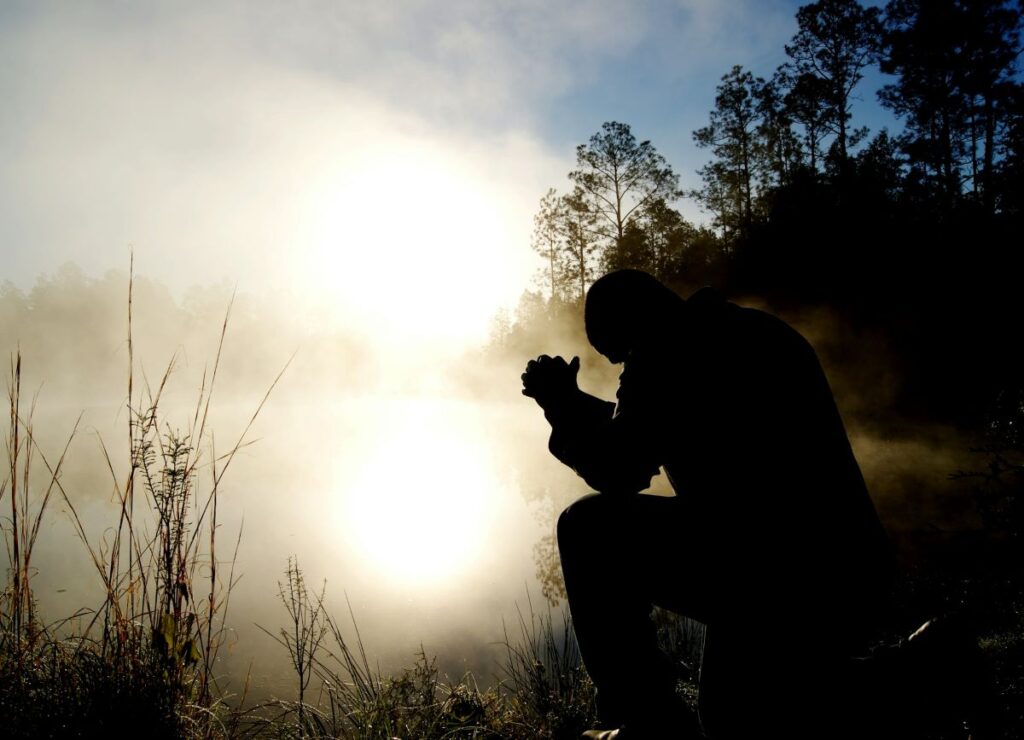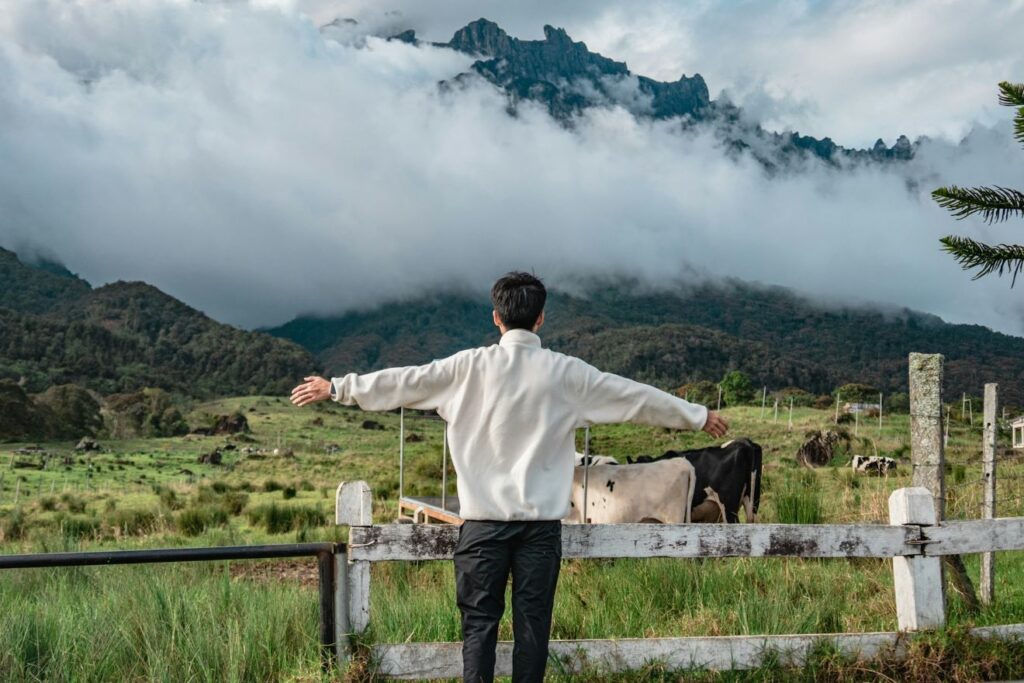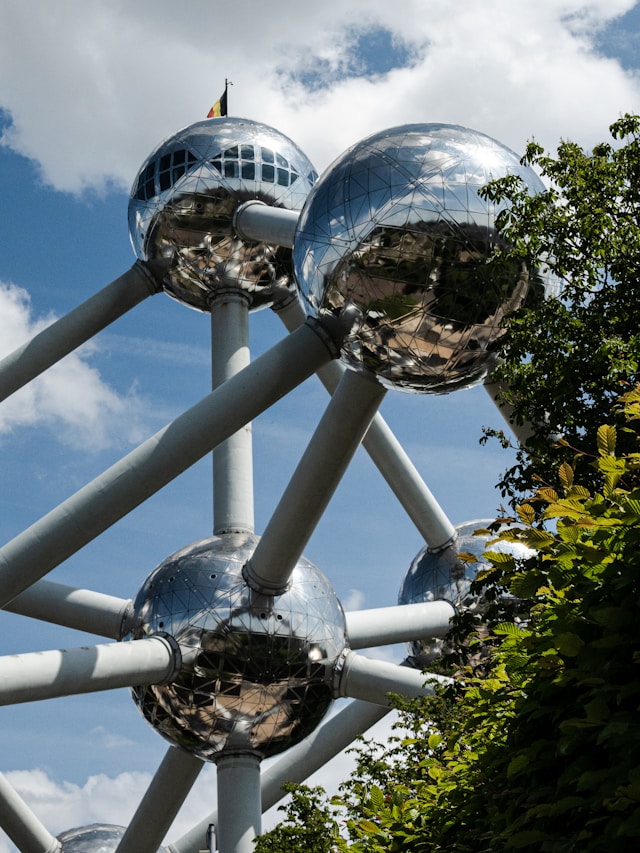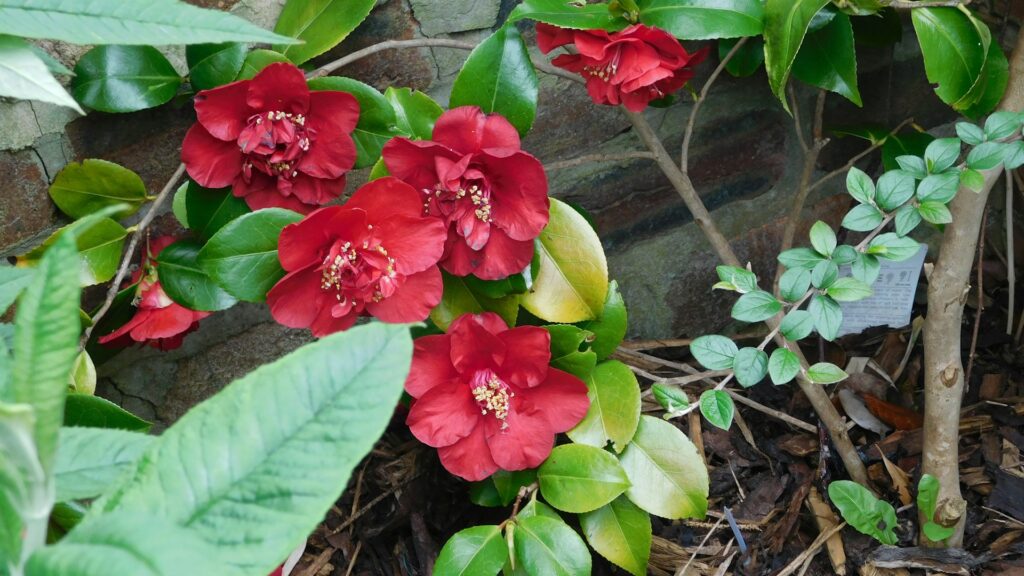Praying and Reading the Bible l Photo by Patrick Fore on Unsplash
Sometimes, it is hard for us to figure out who we are in the grand scheme of things, where we fit, why we came to be, or what our role is in this world. Because of this, we strive to discover who we are, embrace our human nature wisdom for self-discovery, and find our true identity with Christ to understand who we are and why we do certain things.
How do we discover our true identity with Christ?
Read the Bible
Before we try to understand ourselves, we must try to understand our purpose in this world, and we can get that through reading the scriptures. Understanding our true identity with Christ means that reading the Bible is vital because it is there that we learn about God’s works and learn to trust in God’s plan. The Bible is a reminder of how God sees us and how he wants us to live our lives. Remember that at the end of the day, he is the one who teaches you the most fundamental moral values that we uphold to make a positive influence in our world.
Prayers are fundamental to building a relationship with God, allowing you to connect with him. It is a way to create a personal connection by sharing our thoughts, experiences, and emotions like the frustrations we feel as humans. More than that, prayer is also a form of personal reflection where we can understand ourselves and recognize all that God has given us. Through prayer and self-reflection, we remember that we are blessed and loved as children of God and can do great things with him.
Know What Your Passion Is
We won’t always know our passion in one glance or try, but we will never know if it makes us happy until we try something. This happiness is a big part of understanding what we are passionate about. Finding something we are passionate about is essential because this is something that drives us to do what we want while keeping us happy.
Many of us can do this by experimenting. The things that we love and are passionate about do not always come to us naturally, and they are things that we find out through the experiences of others or incidentally. Because of this, even as children, we start to find things that we enjoy or try to think about what occupation will make us happy in the future. This is somewhat the first stepping stone to seeing what we are passionate about and later incorporating it into ourselves to strengthen our true identity with Christ.
Incorporate Your Passion Into the Day-to-Day
Remember that what we are passionate about does not necessarily have to relate directly to Christ. Often, we have the misconception that to find ourselves and reflect properly, we must be or take on jobs related to Christ because that is how we can find true fulfillment – being pastors, priests, or nuns.
However, we must remember that God is part of our lives today. We must see people as Jesus Christ through our words and actions. What we are passionate about does not necessarily have to relate to God because we can incorporate his values and teachings into our daily activities, tasks, and the way that we treat others.
For example, let’s say that you love business. Just because this is not something related to the ministries or directly preaching God’s values, we will never truly feel fulfilled with ourselves, happy, or passionate. We can still feel these things; it’s just that we can model God’s teachings in our actions. To specify in this example, being an honest businessman who does not cheat, pays their taxes religiously, and compensates their workers a reasonable living wage. This means that we can live our passion while being able to stay true to our true identity with Christ as a Christian who models the Lord’s values in their daily actions.
Why do we need to discover who we are in Christ?
Man Praying On A Field l Photo by Aaron Burden on Unsplash
In today’s world, where negativity breeds to the point that sometimes we no longer love each other, our foundation in Christ will ultimately and significantly impact our lives, thoughts, and behaviors. When our faith is deeply rooted in Him, everything else we do in life is meaningfully shaped.
Having a foundation in Christ will impact the remainder of your life because when we let Christ direct our thoughts and deeds, His teachings become the prism through which we see the world. We now base our decisions on the values of justice, forgiveness, compassion, and love rather than just our desires or social pressures.
We begin to mirror Christ’s character more thoroughly when we are rooted in Him and find our true identity with Christ. We make decisions that honor Him and help others when our ideas align with His reality. His love acting through us is manifested in our deeds.
When we fully trust in Christ, our ideas and actions are transformed. This allows us to impact the world positively and live out our beliefs authentically. Do you want to embrace the raw authenticity of our being? Check out Rediscovering the Wisdom of Human Nature By Chet Shupe!





